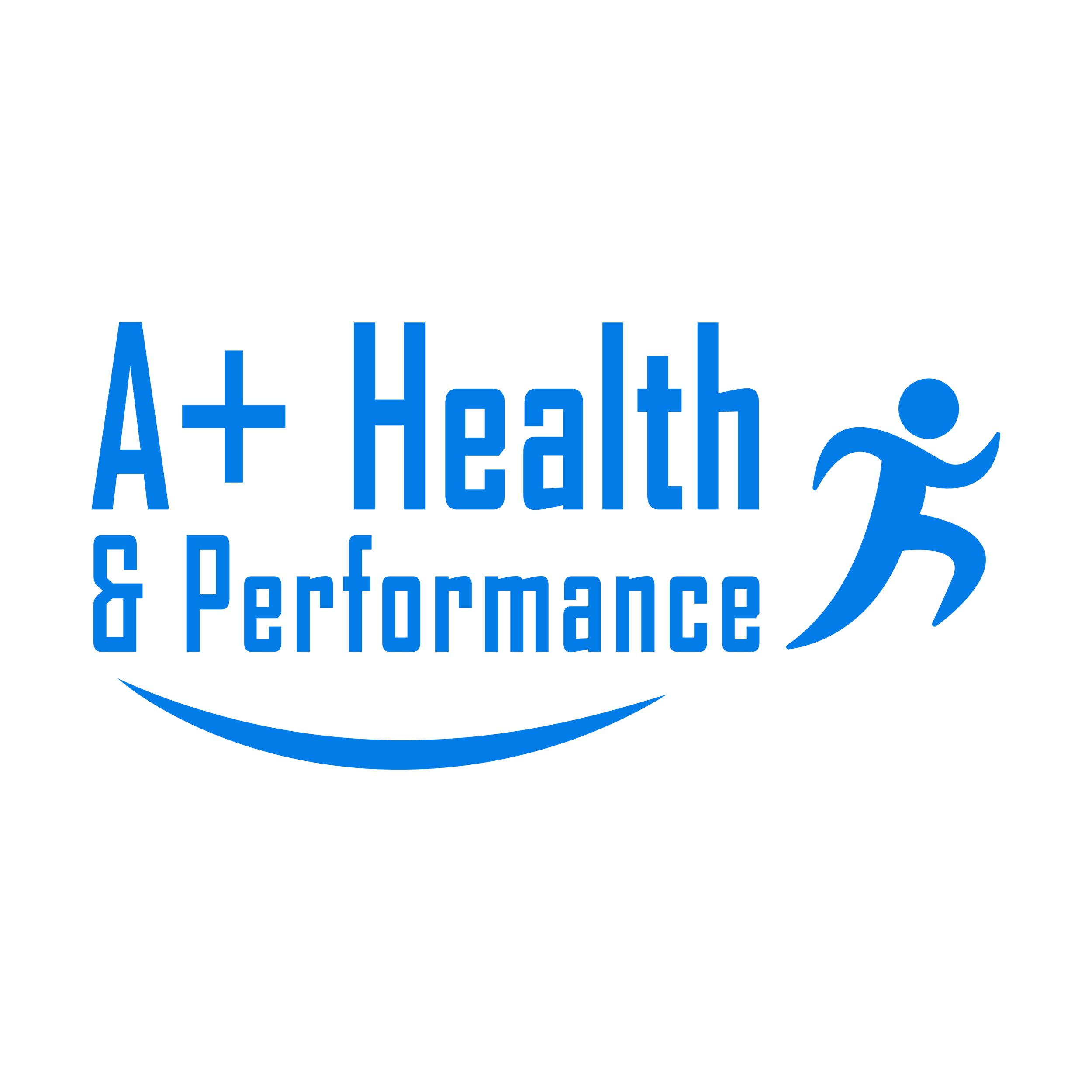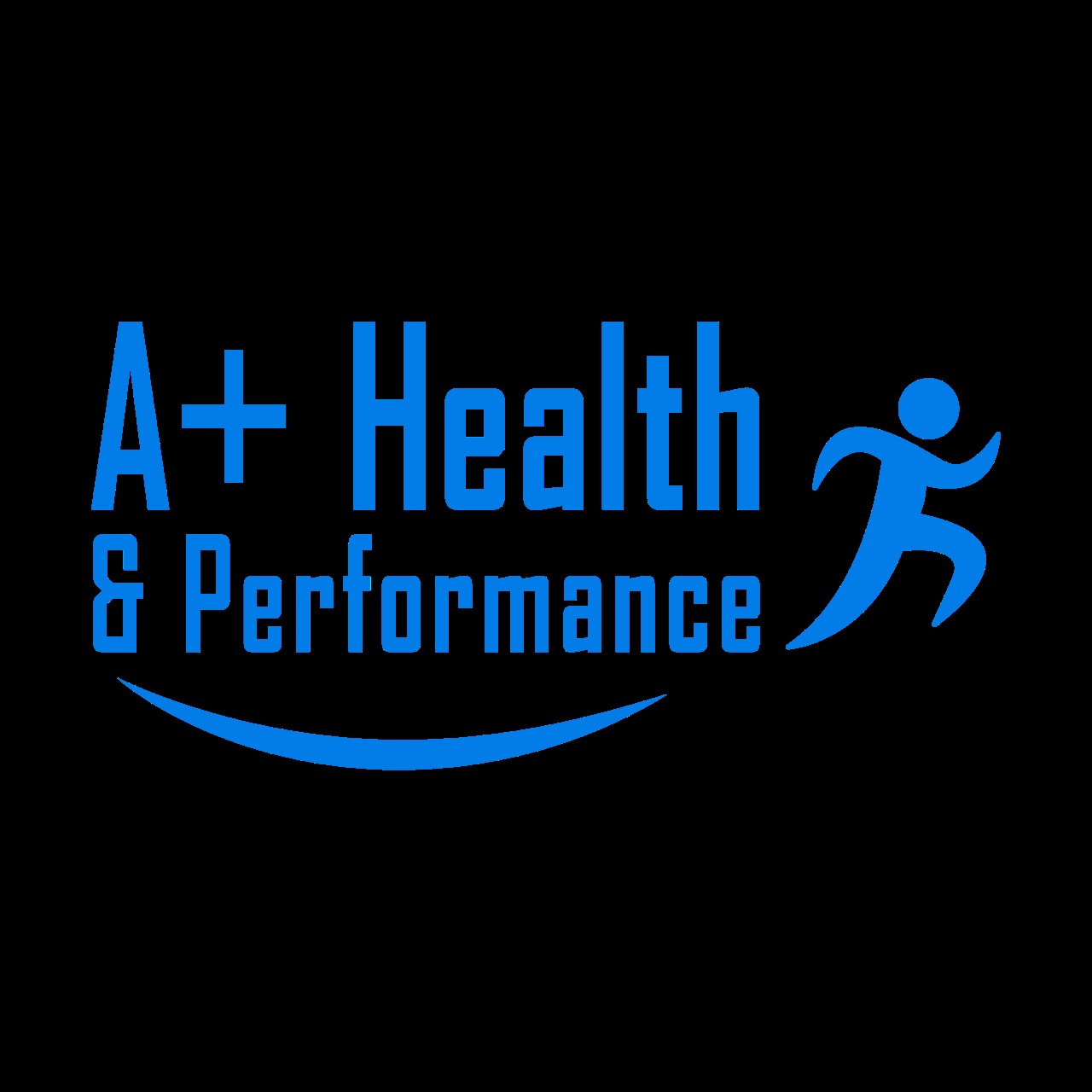Sleep and Athletic Performance- How much is enough?
We all know the importance of sleep, it is critical to daily function both physiologically and cognitively. Sleep is the time when we recover, our body rejuvenates and we refresh our body and mind. Although the exact purpose and function of sleep is not fully understood, adequate sleep is often though of as 'critical to optimal performance’.
Sleep plays a major role in recovery, rejuvenation and performance for athletes of all sports. It enhances hormone production, lipid oxidation, gluconeogenesis, muscle metabolism and repair. The most beneficial processes for athletes include increased growth hormone release and protein synthesis to facilitate cell repair and achieve metabolic homeostasis.
Both men and women are suggested to get approx 7-9h sleep per night. Athletes likely need more sleep than general populations due to the demands of training, sport and competition, musculoskeletal repair and stress etc. Studies have shown early morning training sessions negatively affect sleep duration due to the early wake up times and athletes will usually gain more sleep on rest days than normal training days. Interestingly team sport athletes sleep slightly longer but sleep later, possibly due to night game times and PM raining sessions.
Average total sleep time- study via AIS
⦁ AUS Athletes- 6:31hr ±1:26
⦁ UK Athletes ~6.5hr
This lack of sleep increases the possibility of fatigue, injury, low energy and poor focus during competition and may also slow recovery post-game. Some maximal short efforts can be maintained but a decline in sub-maximal prolonged efforts- ie endurance activities, has been observed.
There are several consequences of lack of sleep-
⦁ hormonal- low testosterone and growth hormone, increased cortisol
⦁ cognitive- leading to errors, poor decision making, reduced learning and memory, poor fine motor skills
⦁ physiological- decreased performance, increased injury, illness, increased pain response, decreased reaction time
⦁ well-being- poor quality of life, mood/ depression, increased stress
Research indicates lack of sleep leads to decreases in many performance markers including time to exhaustion, peak/ average power, max velocity, strength, VO2peak and motivation levels, while increases have been shown in heart rate, rate of perceived exertion (RPE) and ventilation rate leading to performance reductions.
Further research suggests that sleep deprivation (prolonged sleep loss) increases levels of the stress hormone cortisol and has also been seen to decrease production of glycogen and carbohydrates that are stored for energy use during physical activity and is akin to simulating symptoms of over-training syndrome.
There can be several reasons for poor sleep in athletes, these may include fatigue, injury, soreness, stress, game or training times, family/ work commitments, use of devices, caffeine, alcohol, jet lag/ travel, poor sleep routine or poor sleep environment.
Recommendations for optimal sleep-
1. 7-9hrs- possibly 9-10 for athletes
2. regular routine for sleep and wake times
3. nap as appropriate- 1 extra hr if in heavy training load
4. room temperature and bed comfortable, dark, quiet room
5. remove blue light emitting devices prior to bedtime
6. plan a daily to-do list for the next day
7. avoid caffeine PM
8. no more that 1-2 standard alcoholic drinks
9. practice meditation, breathing, relaxation techniques or stretching
10. finish dinner at least 1hr before bed and include adequate carbohydrate, protein and fat in this meal.
If you think you can benefit from more sleep try to include some of the above strategies in your daily routine for optimal health and performance.
Review from:
Sleep and Athletic Performance: The Effects of Sleep Loss on Exercise Performance, and Physiological and Cognitive Responses to Exercise.
Hugh H. K. Fullagar, Sabrina Skorski, Rob Duffield, Daniel Hammes, Aaron J. Coutts & Tim Meyer.
Sports Med. 2015 Feb; 45(2):161-86.


